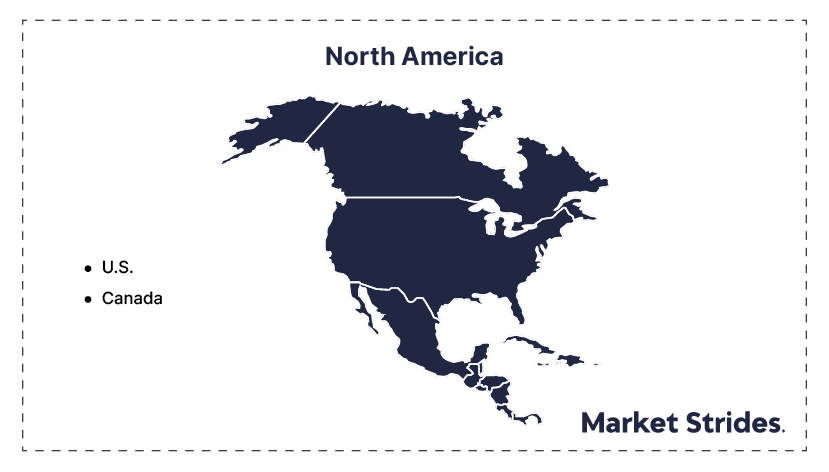The United States human milk oligosaccharides market size is expected to grow at a CAGR of 13.23% during the forecast period (2025–2033). The rising demand for premium infant nutrition products is a major driver of the U.S. human milk oligosaccharides (HMOs) market. With a growing awareness of the health benefits associated with HMOs, parents are prioritizing products that closely replicate the nutritional and protective properties of human breast milk.
Human Milk Oligosaccharides (HMOs) are a group of complex carbohydrates naturally found in human breast milk. They are the third most abundant solid component in breast milk, following lactose and fats. Although HMOs are indigestible by infants, they play a crucial role in promoting gut health and overall immunity.
Key functions of HMOs include:
HMOs are increasingly included in infant formulas, dietary supplements, and functional foods to replicate the benefits of natural breast milk.
In the U.S., awareness about the critical role of Human Milk Oligosaccharides in infant formulas has surged, driven by public health campaigns and growing consumer interest in infant nutrition. HMOs, which are naturally found in breast milk, support immune development and gut health, leading to increased demand for HMO-enriched formulas.
This trend reflects a broader shift toward premium, science-backed infant nutrition solutions.
Stringent FDA regulations pose a significant restraint to the growth of the U.S. HMOs market. The FDA’s rigorous standards for infant formulas and dietary ingredients ensure safety, but they can also slow down the approval process for new HMO-based products.
This process can be costly and time-consuming, delaying market entry and raising financial barriers for smaller companies. The complexity of meeting these regulations further restricts innovation, as only well-established manufacturers with the resources to navigate these requirements are able to capitalize on the growing demand for HMO-enriched formulas and functional foods.
The United States offers significant market opportunities for investing in research to develop affordable and scalable production methods for Human Milk Oligosaccharides (HMOs). High production costs have traditionally limited their widespread use, but advancements in biotechnology are changing this landscape.
Scaling these technologies can not only reduce costs but also expand HMO applications to functional foods and therapeutics, opening lucrative avenues in the health and wellness market.
| ATTRIBUTES | DETAILS |
|---|---|
| Study Period | 2021-2033 |
| Historical Year | 2021-2024 |
| Forecast Period | 2025-2033 |
| By Type |
|
| By Applications |
|
| Regional Insights |
|
2’FL (2’-fucosyllactose) dominates the regional market due to its widespread use in infant formula. As the most prevalent HMO in human milk, 2’FL is prized for its ability to mimic the protective and immune-boosting benefits of natural breast milk. U.S. consumers place a strong emphasis on infant health, driving demand for infant formulas fortified with 2’FL. Moreover, ongoing research highlights its role in promoting gut health and cognitive development, further cementing its position. Major market players continuously innovate to ensure the stability and scalability of 2’FL production, meeting the high demand across the nation.
The infant formula segment leads the U.S. HMOs market, fueled by the rising awareness of the importance of breast milk substitutes for infants unable to breastfeed. Parents increasingly prefer formulas enriched with HMOs to support infant immunity, digestion, and overall growth. Among HMOs, 2’FL is frequently incorporated into premium formulas, closely mimicking human milk's composition. The FDA's regulatory approvals for HMO inclusion in infant nutrition and advancements in HMO production technologies drive market growth. With a growing focus on child health, the demand for HMO-fortified infant formulas is projected to remain robust in the U.S. market.
The United States HMO market is witnessing significant growth, fueled by increasing awareness of infant nutrition and cutting-edge biotechnological advancements. HMOs, essential components of human breast milk, play a crucial role in supporting infant gut health and immunity. The rising demand for premium infant formulas enriched with HMOs is a key driver. Leading companies like Abbott and Nestlé have launched HMO-enhanced products, such as Similac Pro-Advance, appealing to parents aiming to mimic breast milk's benefits.
Moreover, HMOs are expanding beyond infant nutrition into functional foods targeting adults, with companies like Glycosyn and Jennewein Biotechnologie (now part of Chr. Hansen) exploring applications in gut health and immunity. With increasing health-consciousness and robust innovation, the U.S. HMO market is poised for sustained growth across diverse segments.

Request Table of Contents (TOC), Please Fill below form



